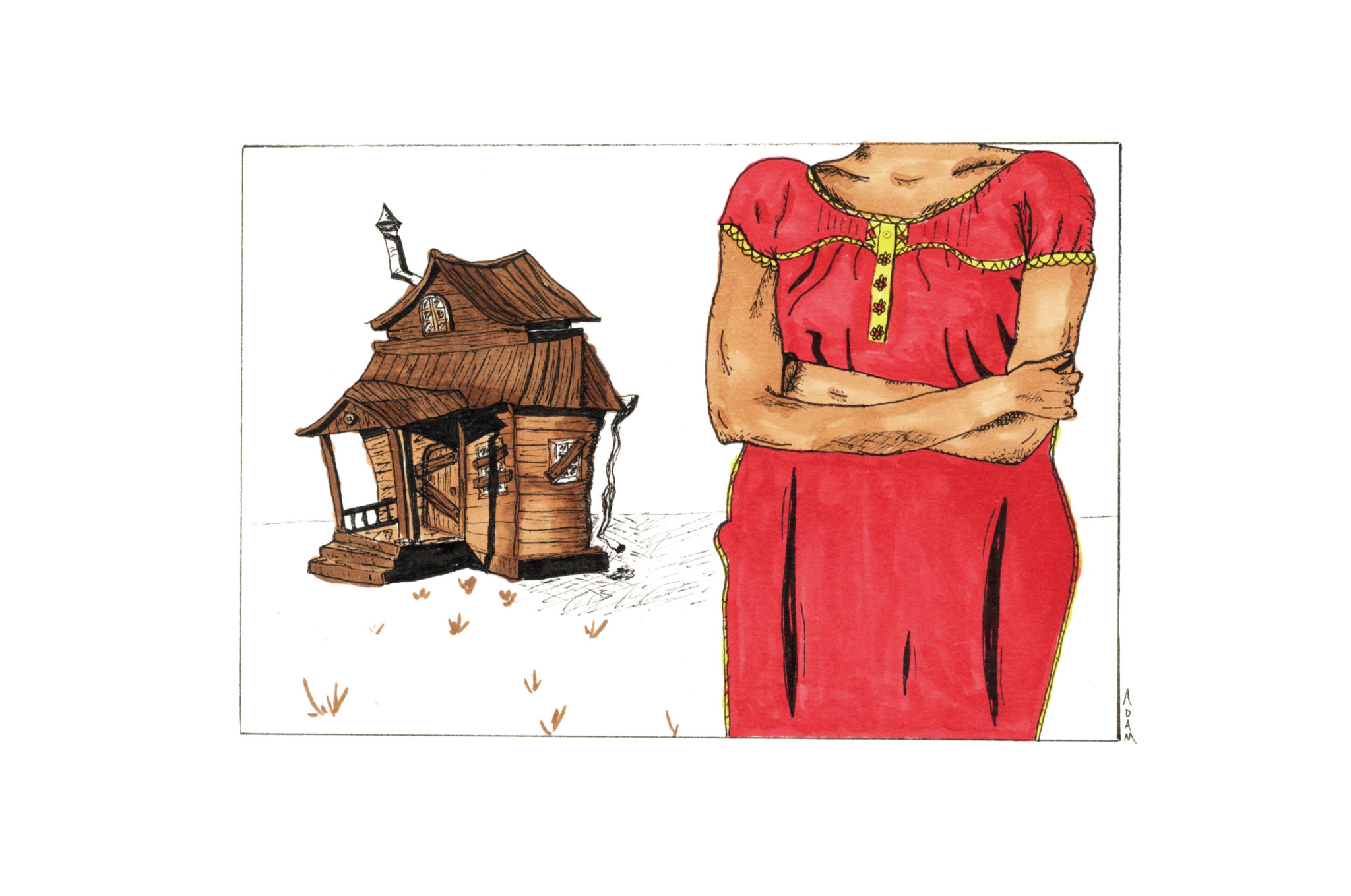
Using $4 million awarded to her by the National Institutes of Health, Forestry & Environmental Science professor Michelle Bell will conduct research on how environmental differences affect senior health. Bell will work with an interdisciplinary team featuring researchers from Yale and other universities on a five-year-long study analyzing existing data on how various environmental factors affect senior health.
“This type of research is really important for a couple of reasons,” said Nicole Deziel, a collaborator on the study and a professor at the Yale School of Public Health. “One is that traditional environmental-epidemiologic studies — or environmental health studies — have typically looked at one stressor at a time. They may even just look at one pollutant, or another might look at socioeconomic status, but very few studies have looked at the interaction of what we call chemical and nonchemical stressors.”
Deziel said the team plans to look at complex interactions because it does not make sense to look at individual factors, like environmental pollution, in a vacuum. Other members of the team, including Bell, did not respond to requests for comment.
The study also has the potential to reduce health care costs, Deziel said. By addressing what environmental components or combinations of components lead to poorer health, she said, health care providers can take steps to mitigate costs for its customers.
The study focuses specifically on the U.S. senior population, with particular emphasis on the states of Michigan and North Carolina. According to Deziel, the study will analyze external sources that already contain information the researchers want, including Medicare data, EPA air-pollution data, U.S. census data, meteorological data and land-cover data to model pollutant dispersion.
“One innovative aspect of this study is it’s drawing on all these existing datasets, which is really efficient and really neat,” she said. “They can do their research in a cost-effective way by leveraging all existing data.”
Deziel said the team chose to study the elderly population in the U.S. because seniors typically are vulnerable in terms of income, as well as susceptibility to air pollution and subsequent cardiovascular diseases.
According to a press release announcing the grant, the study illustrates one of the goals of the School of Forestry and Environmental Studies: to integrate environmental justice into scholarship and practice.
Ultimately, the study also reflects the interdisciplinary work of researchers in areas beyond just environmental health.
“Dealing with complex mixtures is challenging, but this is a really strong, interdisciplinary team, so there are people coming together with a lot of different expertises — in environmental justice and biostatistics and epidemiology, and it’s a very experienced team, so even though it’s a challenging task to try to analyze these data, I don’t anticipate difficulties because it’s such a strong team working together,” Deziel said. “That’s really a benefit of interdisciplinary collaboration where you can get a lot of different scientists together with different expertises to all try to solve a problem.”
There are 46 million Americans aged 65 or older, according to the Population Reference Bureau.
Audrey Huang | audrey.huang@yale.edu







